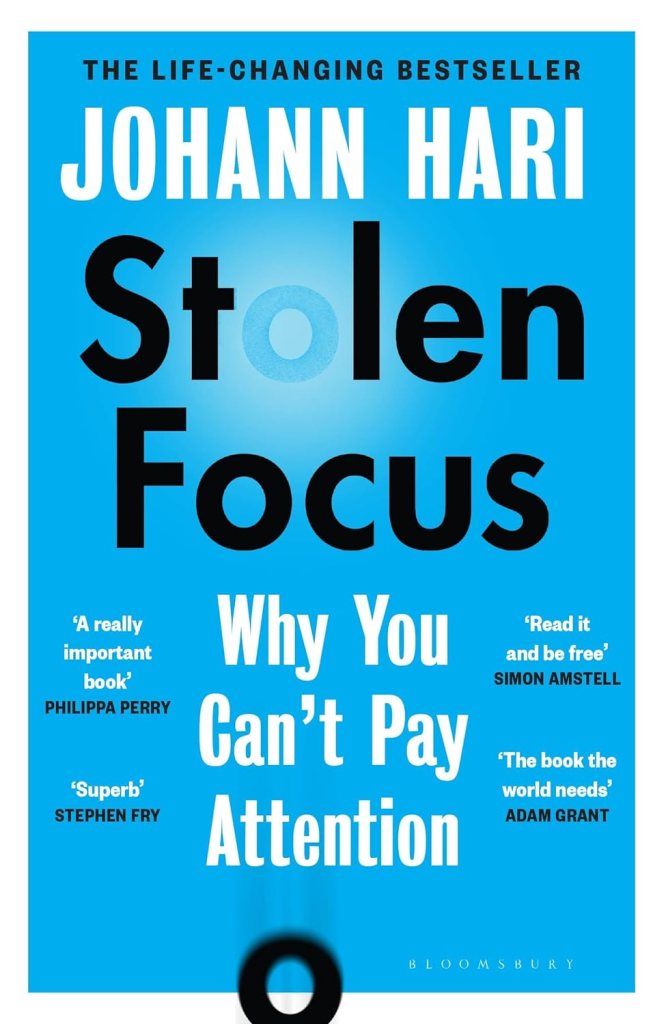The Science of Focus: How to Train Your Brain to Pay Attention
In a world full of constant distractions—from buzzing phones to open-plan offices to the never-ending scroll of social media—staying focused has become more difficult than ever. But the ability to pay attention isn’t just a nice-to-have skill; it’s essential for productivity, creativity, and even happiness. The good news? Focus is not purely a trait you’re born with; it’s a skill you can build. Let’s dive into the science of focus and how to train your brain to pay attention more effectively.
Why Focus Matters
Focus is the gateway to all thinking: perception, memory, learning, reasoning, problem-solving, and decision-making. Without good focus, all aspects of your cognitive functioning suffer. Daniel Goleman, author of Focus: The Hidden Driver of Excellence, argues that our ability to manage our attention is more important than IQ or technical skill in determining success.
Whether you’re trying to finish a work project, study for an exam, or enjoy a moment with loved ones, the quality of your attention determines the quality of your experience.
The Science Behind Focus
Our brain operates in two primary modes of attention: sustained attention and selective attention.
- Sustained attention is your ability to maintain focus over time. It’s crucial when reading, writing, or working on long tasks.
- Selective attention allows you to filter out irrelevant stimuli and concentrate on what’s important.
Both are governed by neural circuits involving the prefrontal cortex and anterior cingulate cortex. Unfortunately, these circuits are easily fatigued—especially by multitasking and constant interruptions.
What Kills Focus?
Before building better focus, it’s helpful to identify what’s undermining it:
- Digital overload: Smartphones, emails, and social media fragment your attention.
- Multitasking: Doing multiple things at once reduces efficiency and focus.
- Poor sleep: Sleep deprivation impairs the brain’s executive function.
- Stress and anxiety: These can dominate your mental bandwidth.
Train Your Brain: 7 Evidence-Backed Tips
1. Practice Mindfulness Meditation
Mindfulness meditation is one of the most researched tools for improving focus. It strengthens the brain’s ability to resist distractions and regulate attention. Start small—even 5 minutes a day can make a difference.
Book Tip: Have a look at The Mind Illuminated or meditation apps such as Headspace or Calm.
2. Use the Pomodoro Technique
This simple time-management method involves 25 minutes of focused work followed by a 5-minute break. It harnesses the brain’s natural rhythm and keeps mental fatigue at bay.

3. Reduce Digital Distractions
- Turn off non-essential notifications.
- Use browser extensions like StayFocusd to block distracting sites.
- Designate specific times to check email and social media.
4. Get Better Sleep
A tired brain struggles to focus. Prioritize 7–9 hours of sleep per night and maintain a regular sleep schedule.
Tip: You could try sleep-promoting supplements like magnesium or products like white noise machines or weighted blankets.

5. Try Attention-Boosting Foods
Fueling your body with brain-healthy foods can improve cognitive function. Omega-3s (from fish or supplements), leafy greens, blueberries, and green tea all support brain health.
Tip: Read Eat to Beat Depression and Anxiety by Dr. Drew Ramsey.
6. Build an Environment for Focus
A clean, quiet, and organized space can drastically improve your ability to concentrate. Consider:
- Noise-cancelling headphones
- A tidy desk
- Plants to add calm and life
7. Read Books That Train Focus
Reading physical books (as opposed to digital articles) trains your brain to focus for extended periods. Books with engaging but deep content work best.
Tip: Try Deep Work by Cal Newport or Stolen Focus by Johann Hari.


The Role of Exercise in Focus
Don’t overlook physical activity. Exercise improves mood and reduces anxiety, both of which can sabotage focus. It also increases blood flow to the brain and improves cognitive performance.
Even a 20-minute walk can boost concentration and creativity. Consider adding short, regular exercise into your day—especially before tasks requiring deep focus.
Creating a Focus Ritual
To make focus a habit, develop a “focus ritual” that signals to your brain it’s time to concentrate. This could include:
- A specific place you go to work
- A cup of tea
- Playing a certain type of instrumental music
The more consistently you practice the ritual, the faster your brain will adapt.
Final Thoughts: It’s a Practice, Not a Switch
Improving your focus is a process. Like going to the gym, you won’t see results overnight, but consistent effort leads to major gains. Celebrate small wins, be patient with lapses, and keep experimenting with what works best for you.
You don’t need superhuman willpower to master focus—just the willingness to set up systems and habits that support it. As your attention sharpens, you’ll find not just better productivity, but a deeper sense of calm and satisfaction in your daily life.
Want to go deeper? Try one of the books or tools recommended above. Training your focus could be the single best investment you make in your mind this year.








One Comment
Comments are closed.